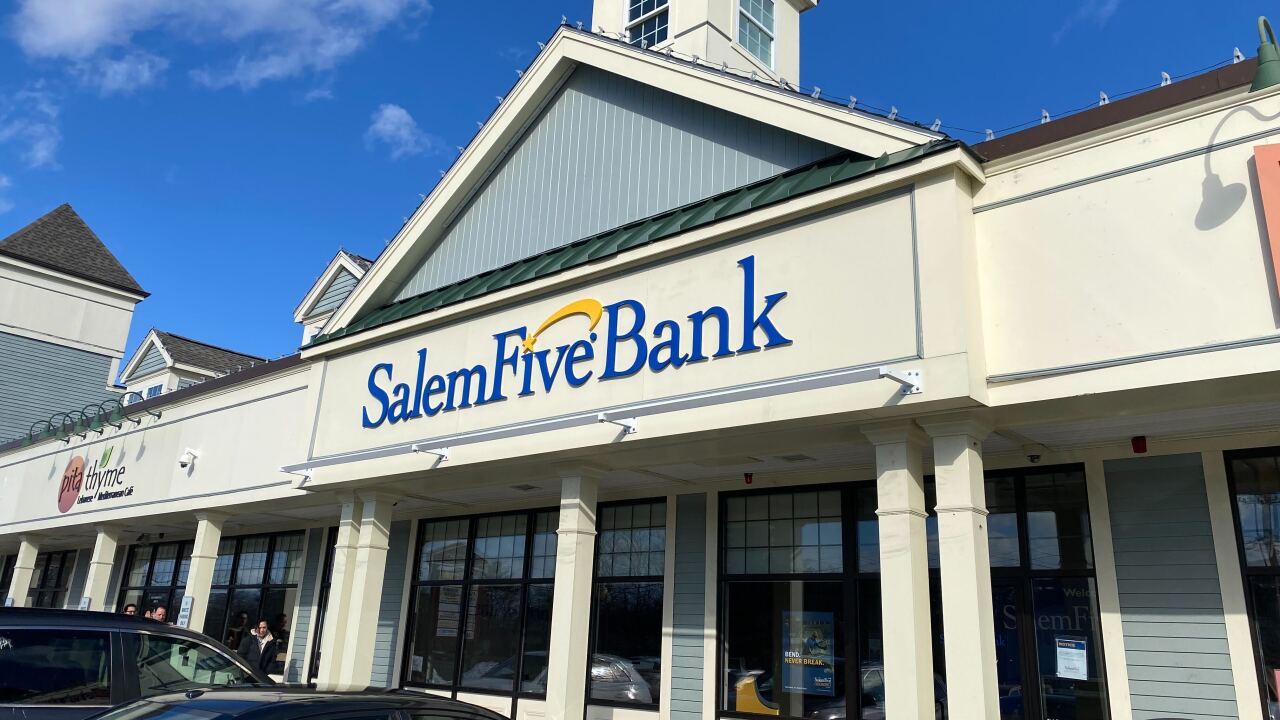First Republic Bank in San Francisco has received a manageable number of requests for loan forbearance from borrowers struggling because of COVID-19.
Total requests for deferrals have made up less than 3% of the $124 billion-asset bank’s total loan portfolio, executives said on a Tuesday conference call to discuss first-quarter results. Among student loan refinance borrowers, the bank has received 935 hardship requests, though those requests have dropped off in the past two weeks.
“We all know this is [the] early days, but the requests for forbearances are a pretty good indicator and they’re modest at this point,” Chairman and CEO James Herbert said during the call, adding that First Republic has been giving borrowers six-month deferrals.
First Republic’s sensitivity to the economic fallout of the pandemic has been blunted largely by the fact that it serves a wealthier clientele. And while the bank is concentrated in hard-hit markets such as Silicon Valley, New York City and Boston, it also has limited exposure to sensitive industries such as retail and hotels.
Still, its earnings call offered a possible preview of some themes banks will likely discuss when they report quarterly earnings over the next few weeks.
First Republic executives said they expect the pandemic to soften home prices in some of its markets later this year. That anticipated decline in home prices was a key reason the bank raised its loan-loss provision to $62.4 million, compared with $14 million a year earlier.
Executives said the higher provision also reflected a decision to adopt the Current Expected Loan Losses model. That led the bank to raise its provision late in the quarter to account for the potential impact of the pandemic.
First Republic’s net income fell 3.5% from a year earlier to $218.7 million, or $1.20 a share. Revenue rose 13.5% to $916.2 million.
Total loans increased 23% from a year earlier to $95 billion, led by growth in single-family mortgages. Total deposits rose by 14.8% to $93.7 billion.
Net interest income rose 11.4% from a year earlier to $752.1 million, while the net interest margin contracted by 23 basis points to 2.74%. Higher wealth management fees and a gain on investment securities in the first quarter boosted noninterest income 24% to $164 million.




